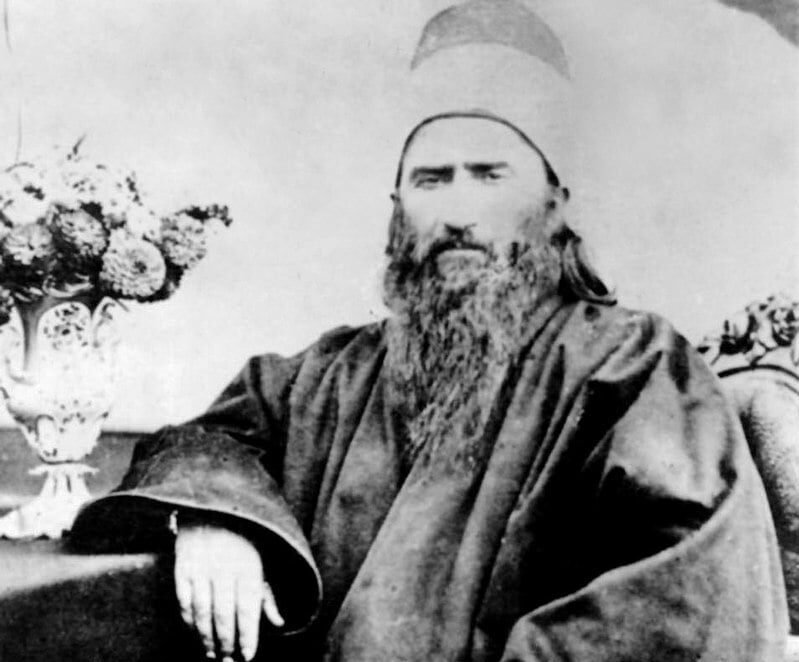Chronos, Kairos and Aion are the three deities of time, events and epic destinies. Here is the multi-religious and multicultural calendar!
Find us on our website Mythology and Legend, on Facebook and on instagram !

The schedule in brief from D-2 to D+5
- July 5, 2024, : Tynwald Festival
- 6 July 2024, Every day: Mindaugas
- 7 July 2024, Daily: San Fermín Festivities
- July 7, 2024, : Ra o te Ui Ariki
- 9 July 2024, Every day: Aude the Very Wise
- 9 July 2024, Every day: Martyrdom of the Báb
- July 11, 2024, : Naadam
- 11 July 2024, Daily: Zheng He
- 12 July 2024, Every day: Olivier Plunket
- 12 July 2024, Daily: Twelfth
The complete interactive calendar
Semaine du 2024-05-27
May 29, 2024 (1 event)
May 29, 2024

Today the Baha'is celebrate the Ascension of Baháʼu'lláh, their Prophet. In 1863, in Iraq, he first announced a revelation from God and spent the rest of his life in prison in the Ottoman Empire. His teachings revolved around the principles of religious unity and renewal, ranging from moral and spiritual progress to global governance. #mythology #myth #legend #calendar #May 29 #Bahai #Bahaullah
May 30, 2024 (1 event)
May 30, 2024

Today the Kadazan-Dusuns of Malaysia celebrate Kaamatan. The Harvest Festival falls under what is known as Momolianism. There is a dance show called Sumazau, a singing contest called Sugandoi, a bodybuilding contest, and other arts and crafts shows. #mythology #myth #legend #calendar #May 30 #Kaamatan #Maya
June 1, 2024 (1 event)
June 1, 2024

Today, the Dayak people of Malaysia and Indonesia celebrate Gawai Dayak. Many religious, family and community rites take place over two days. #mythology #myth #legend #June 1 #dayak
Multicultural and multi-religious almanac
An almanac is a calendar showing the main dates of the calendar, the religious holidays, bearing ephemerides such as the phases of the moon or the duration of the days (lunar and solar calendars).
A calendar is a system for marking dates according to time. Such a system was invented by men to divide and organize time over long periods. The observation of the periodic phenomena of the environment in which they lived — such as the daily movement of the shadow, the return of the seasons or the lunar cycle — served as the first references for organizing the agricultural, social and religious life of societies.
The calendar used today in most of the world is the Gregorian calendar. In everyday language, an ephemeris designates what happens daily; the ephemeris of the day is the list of the significant events of this day.